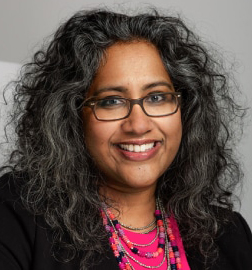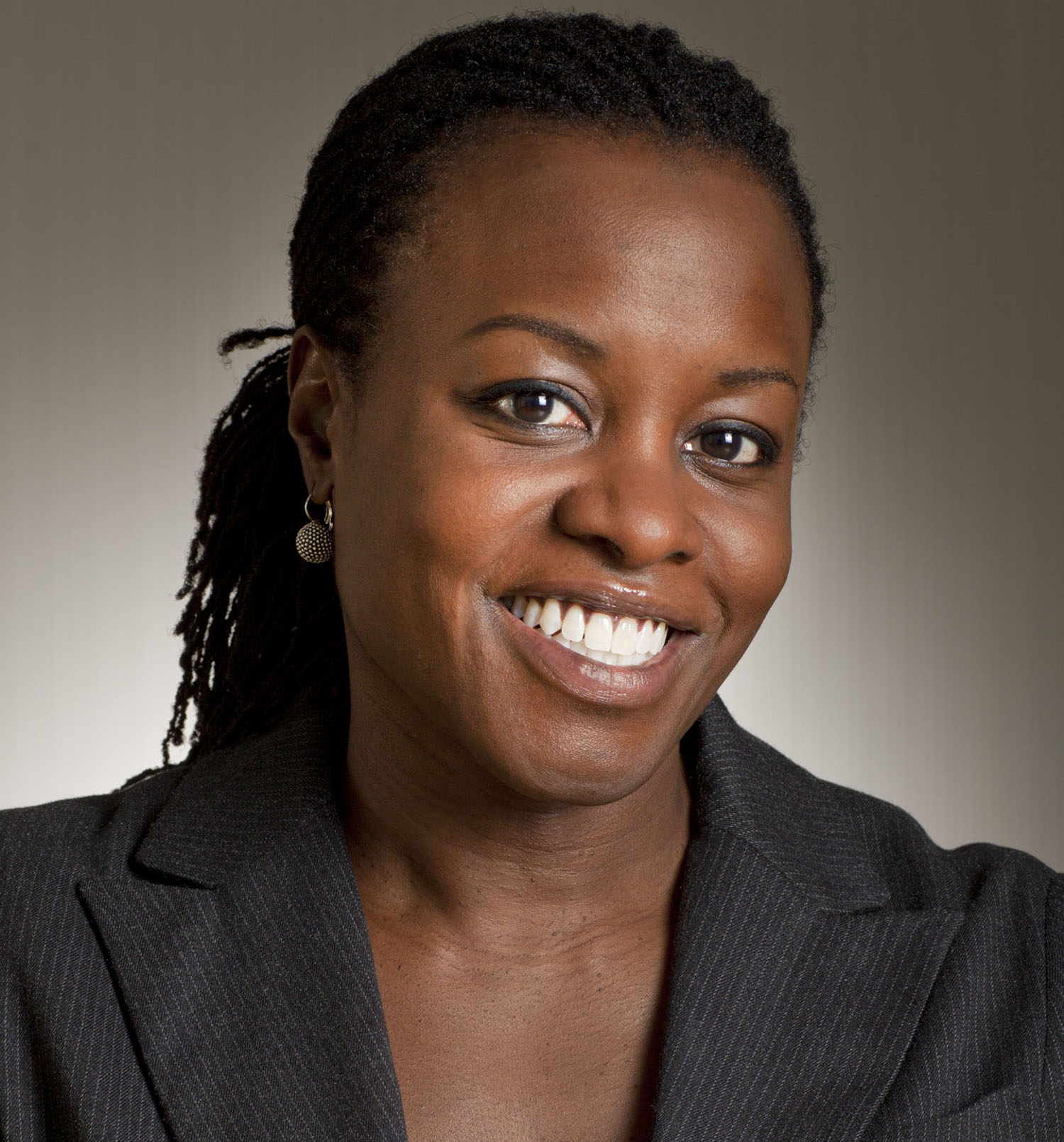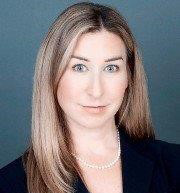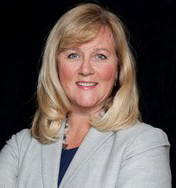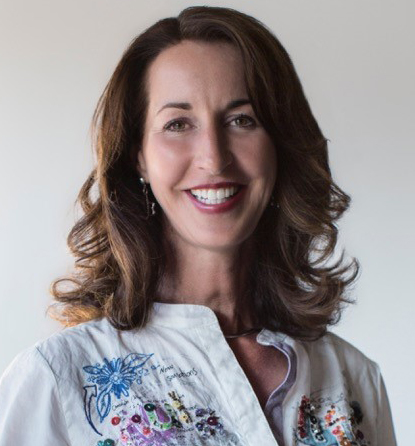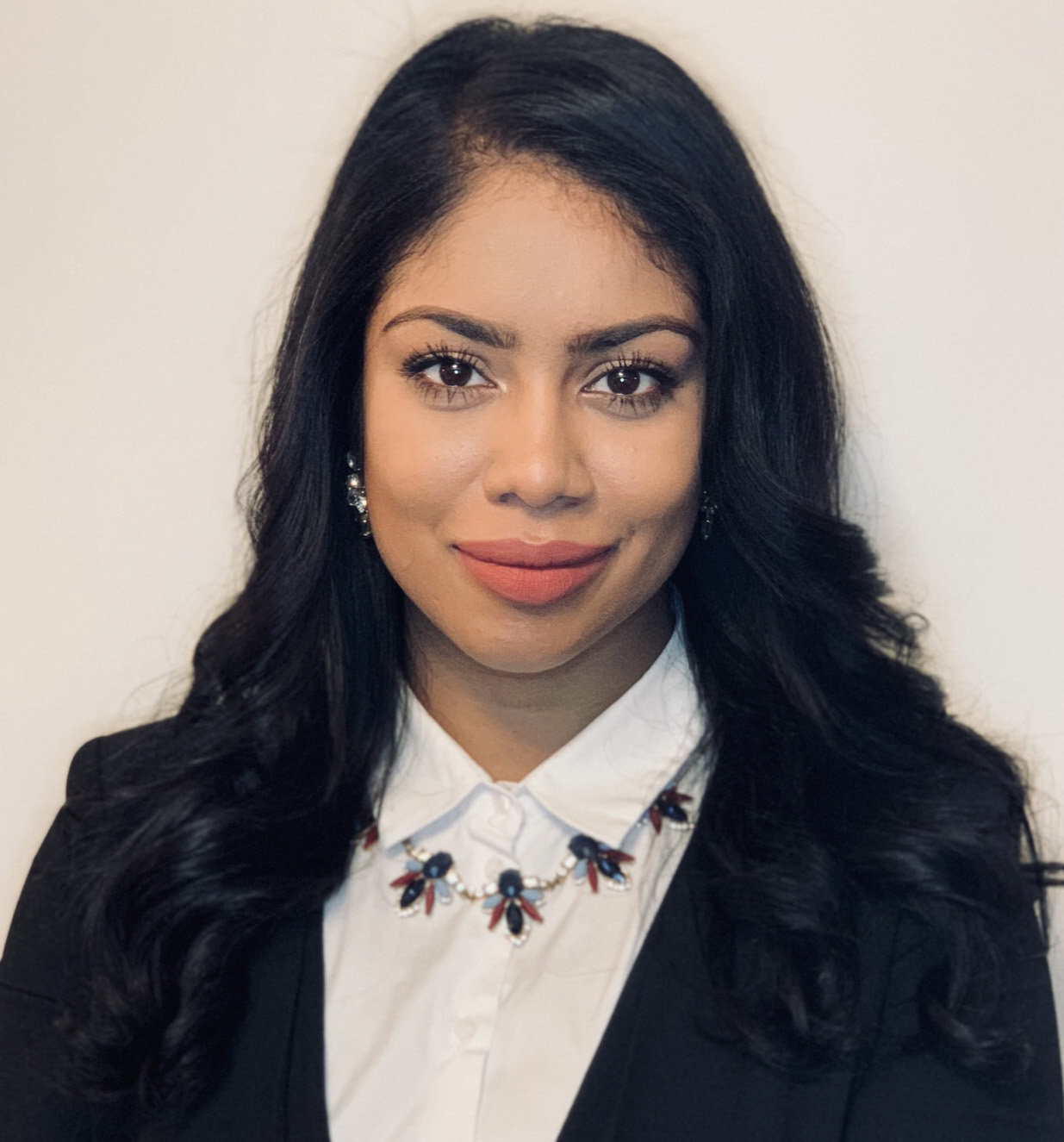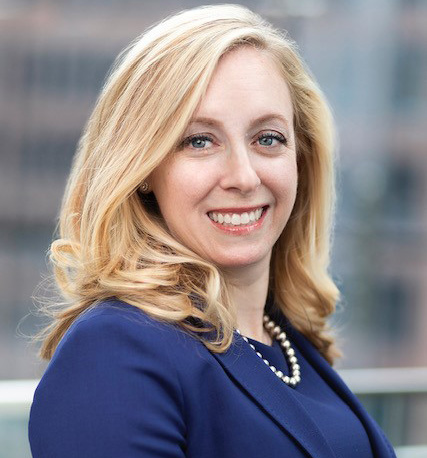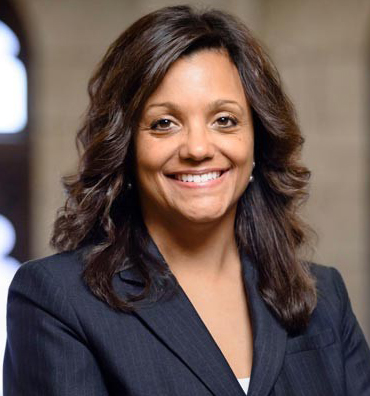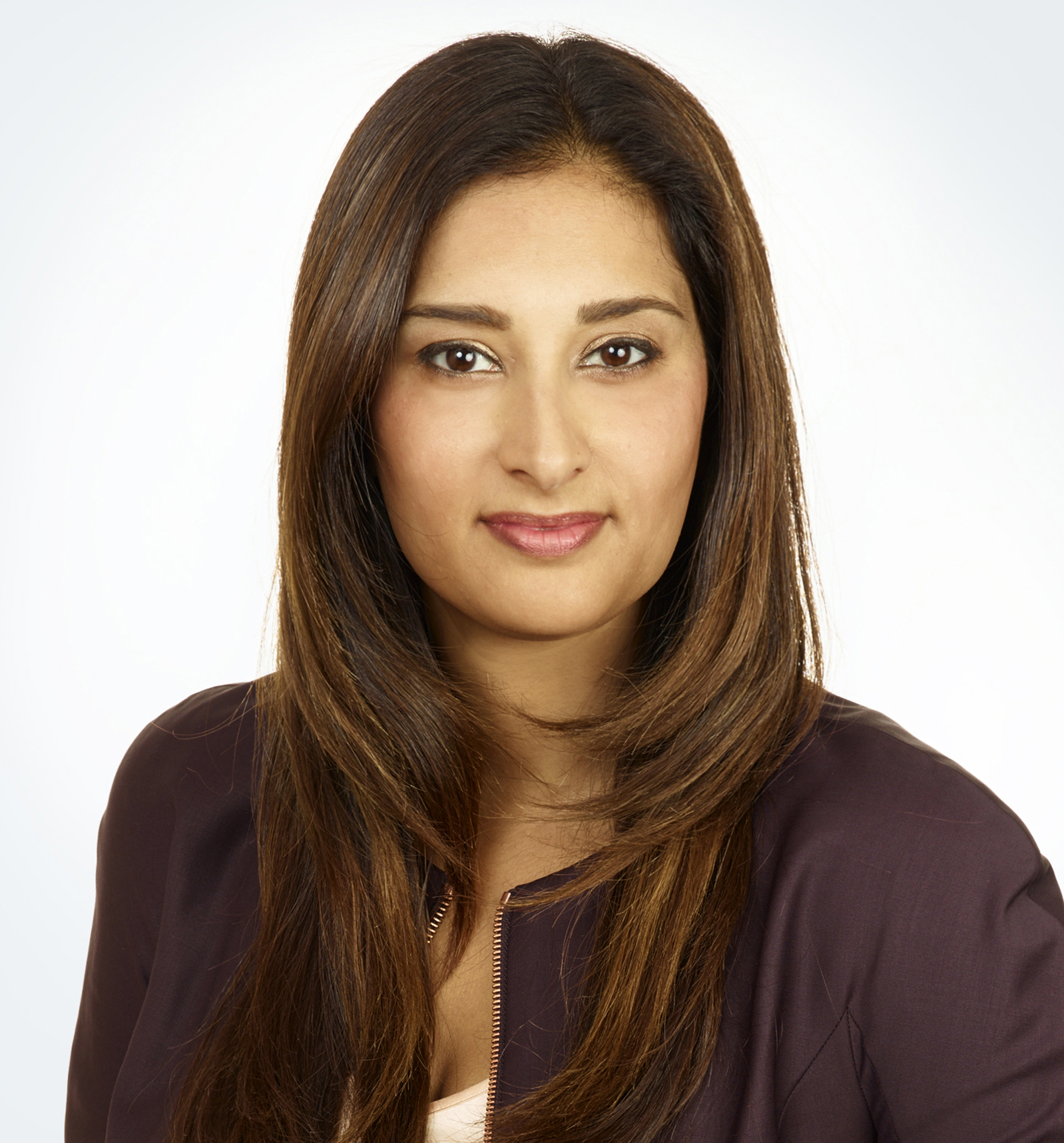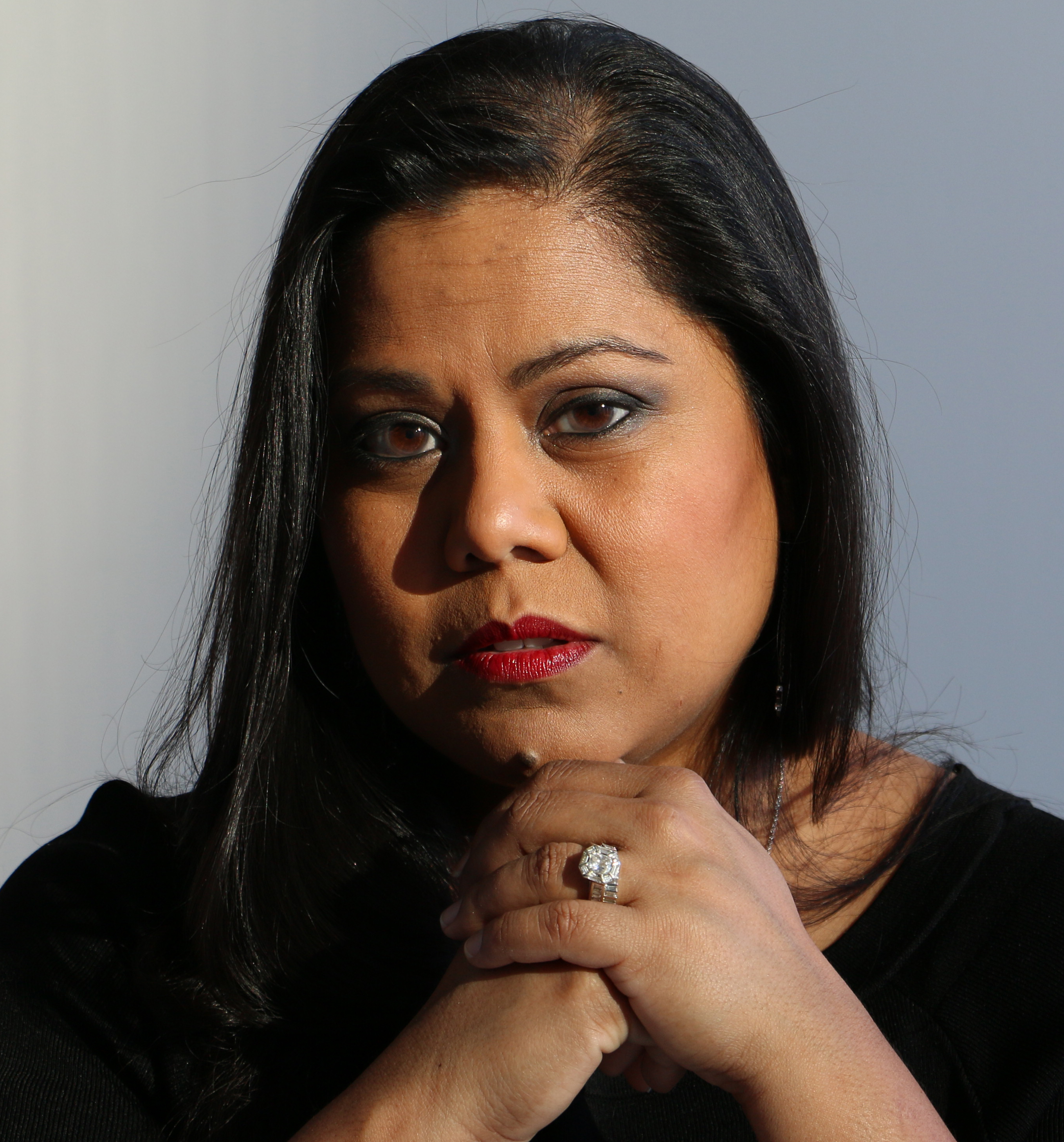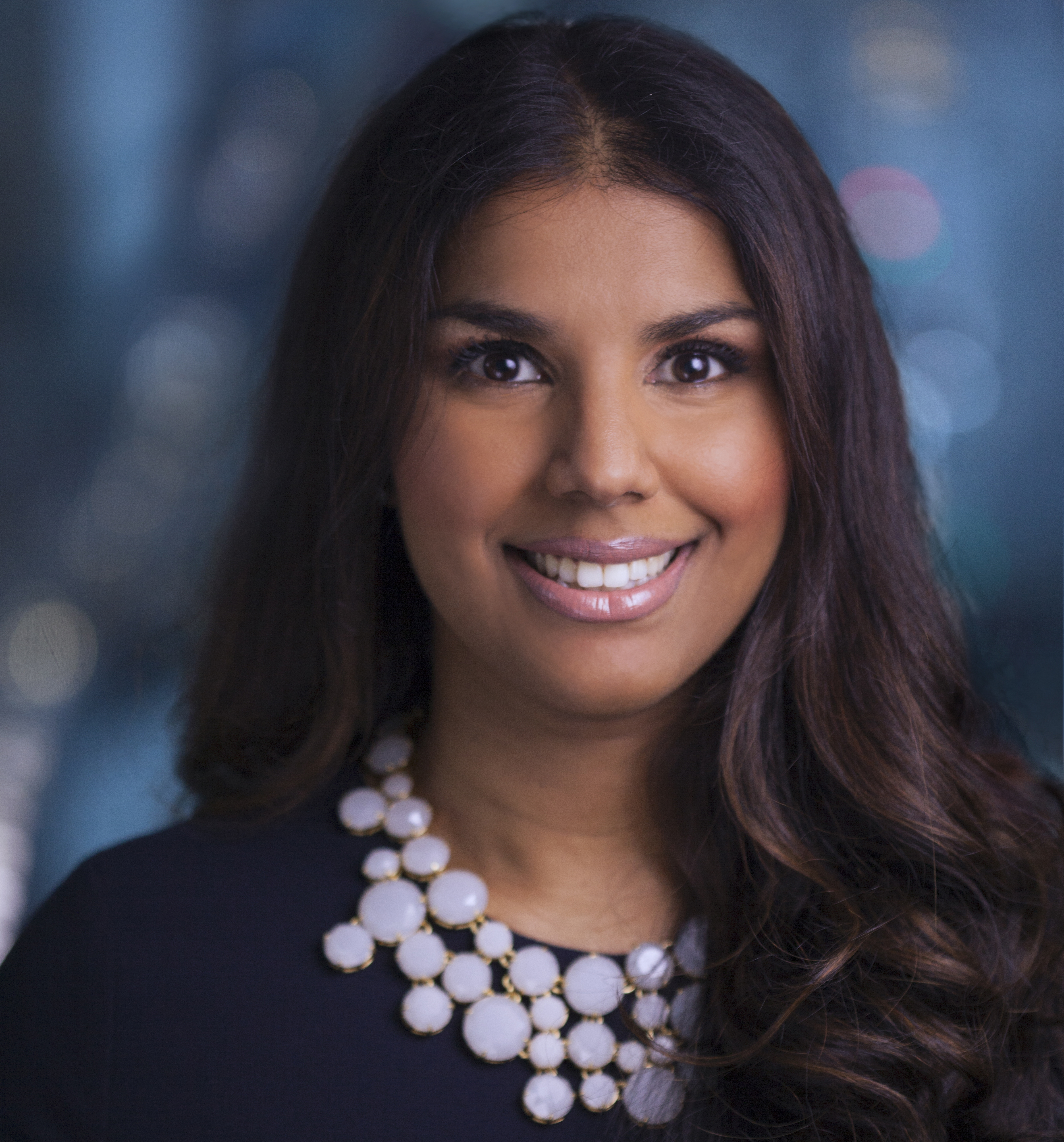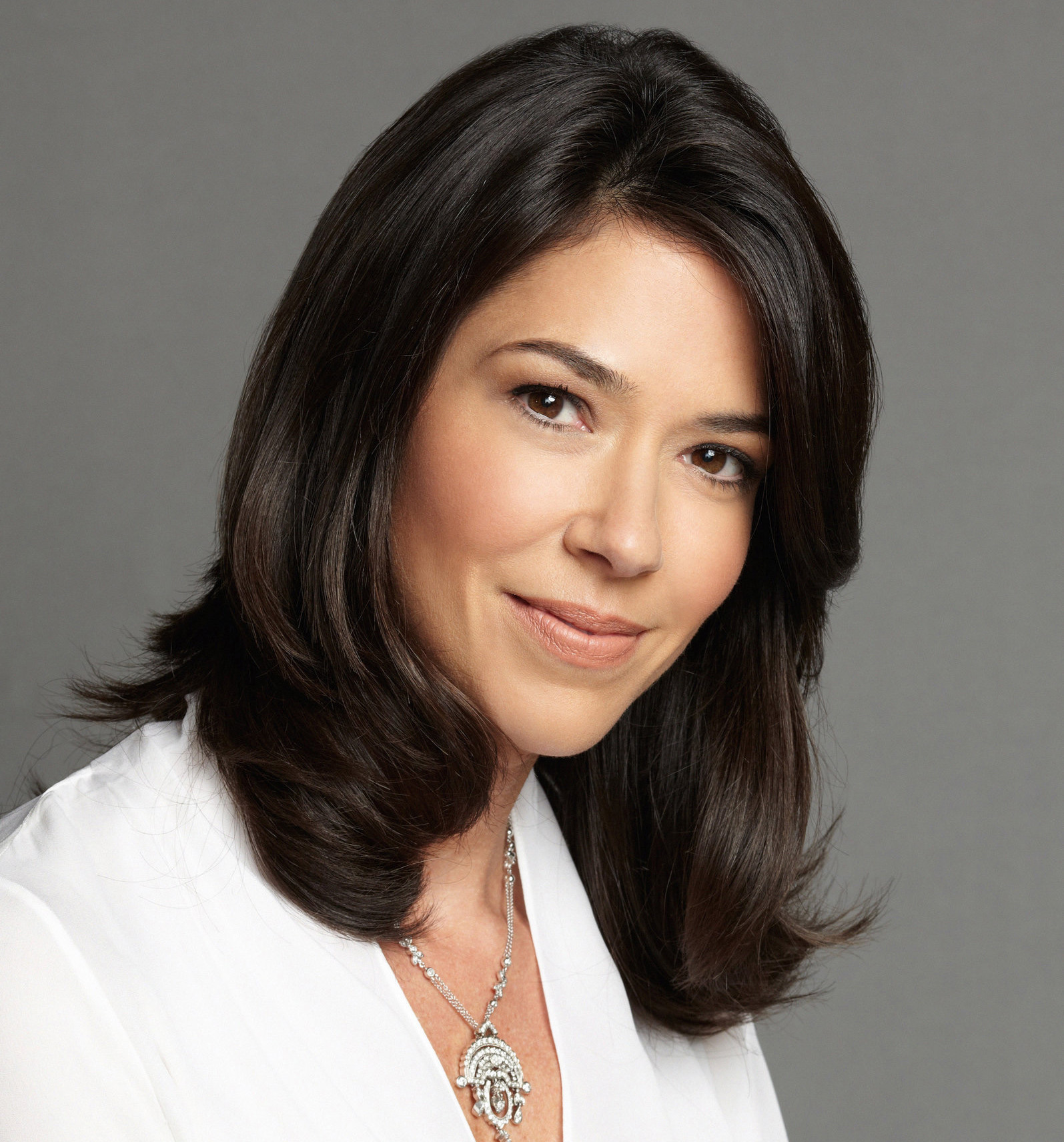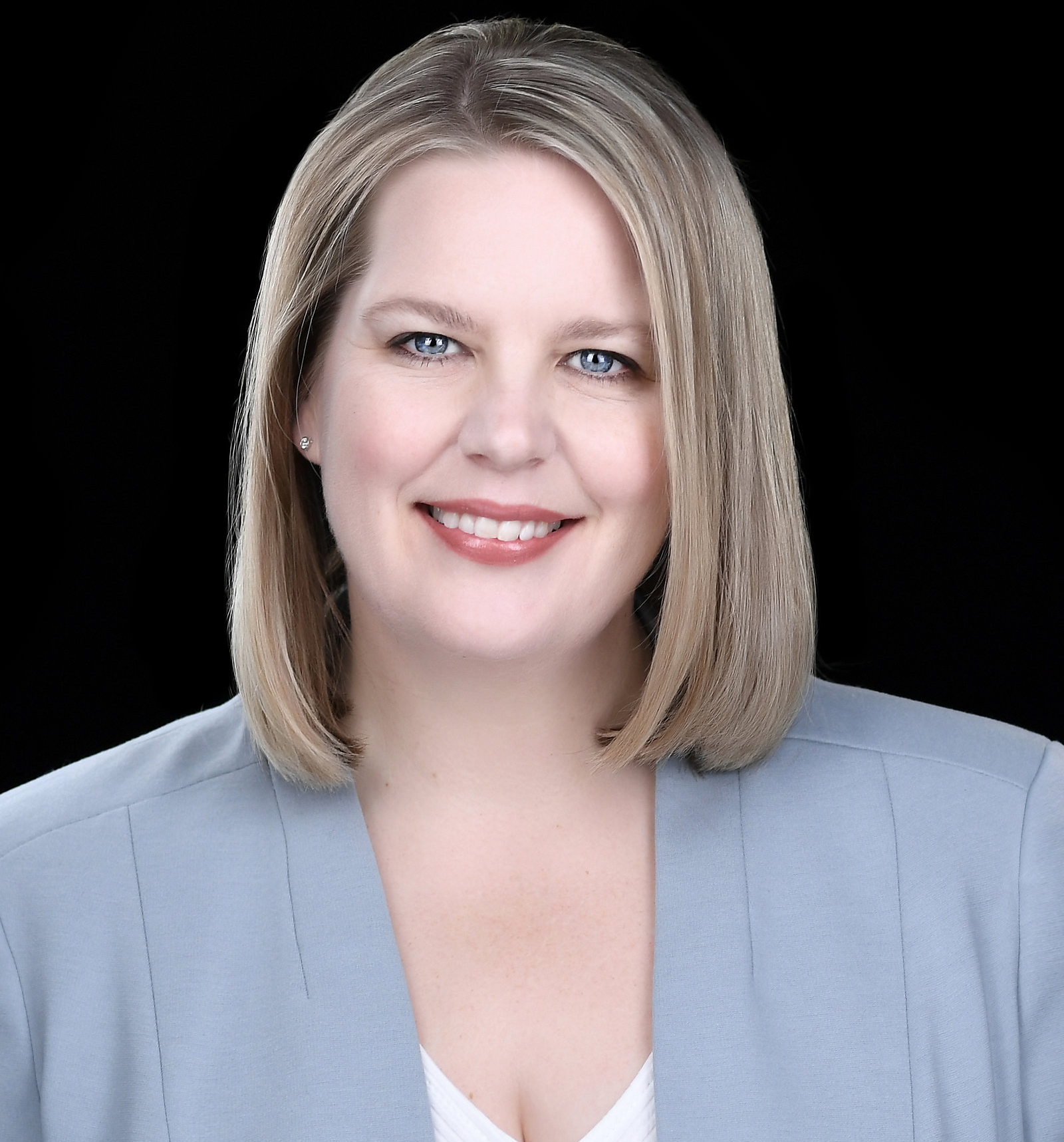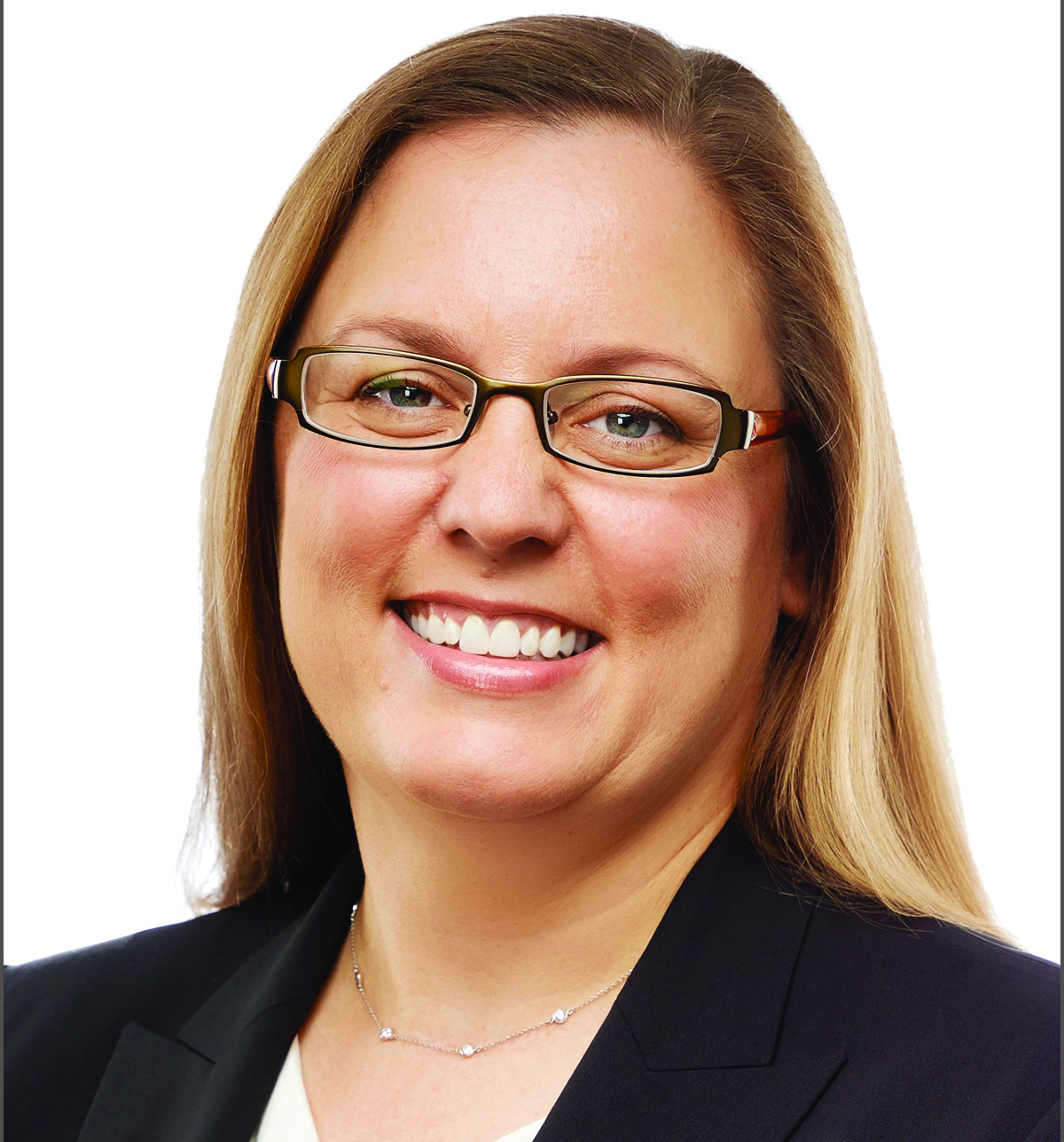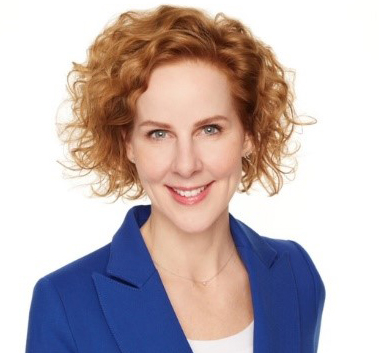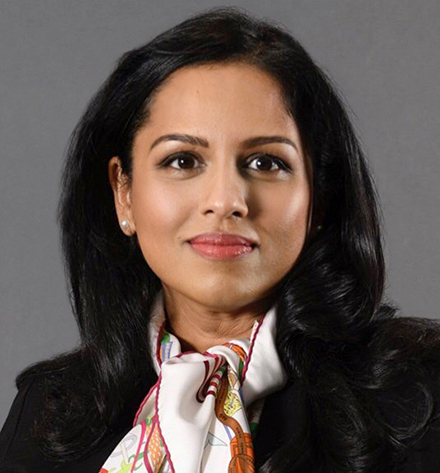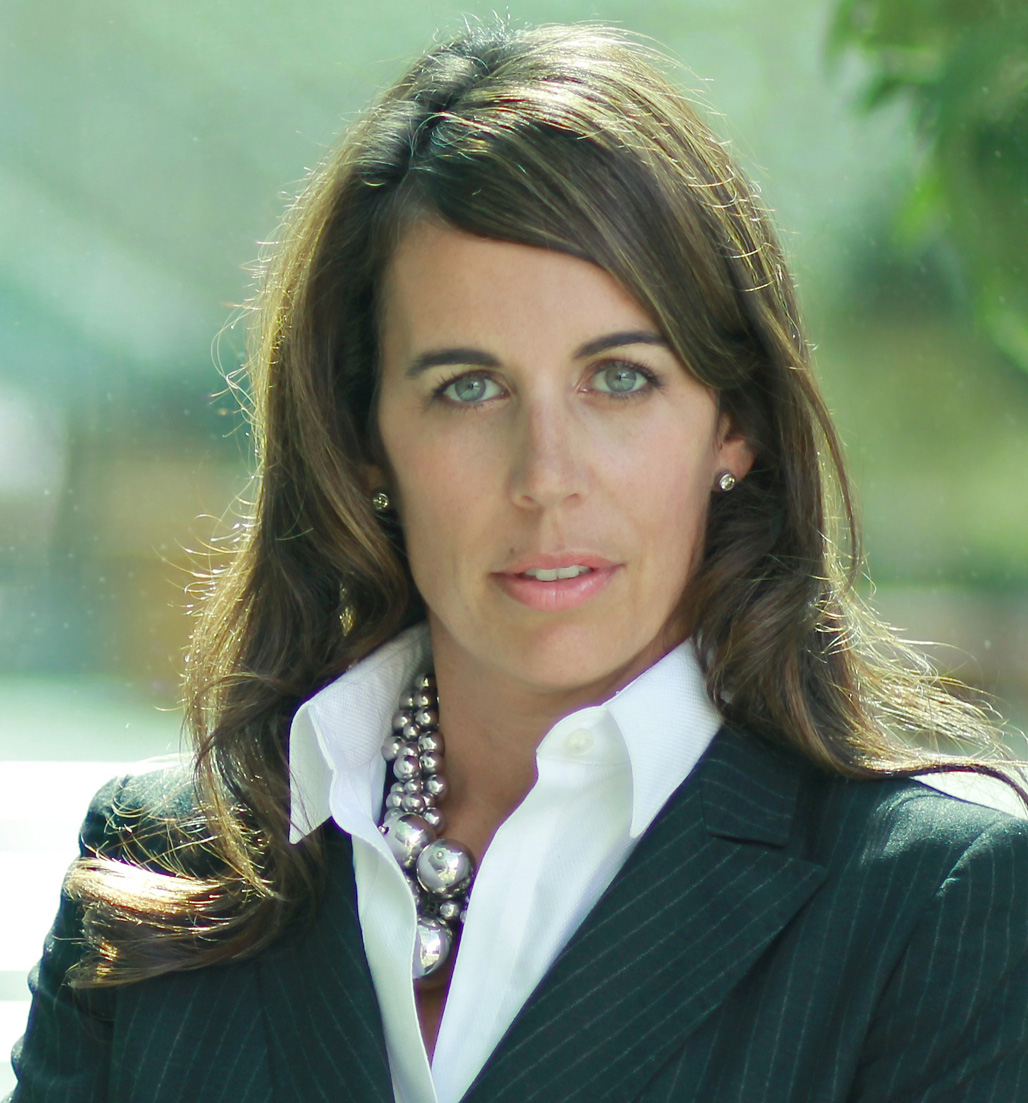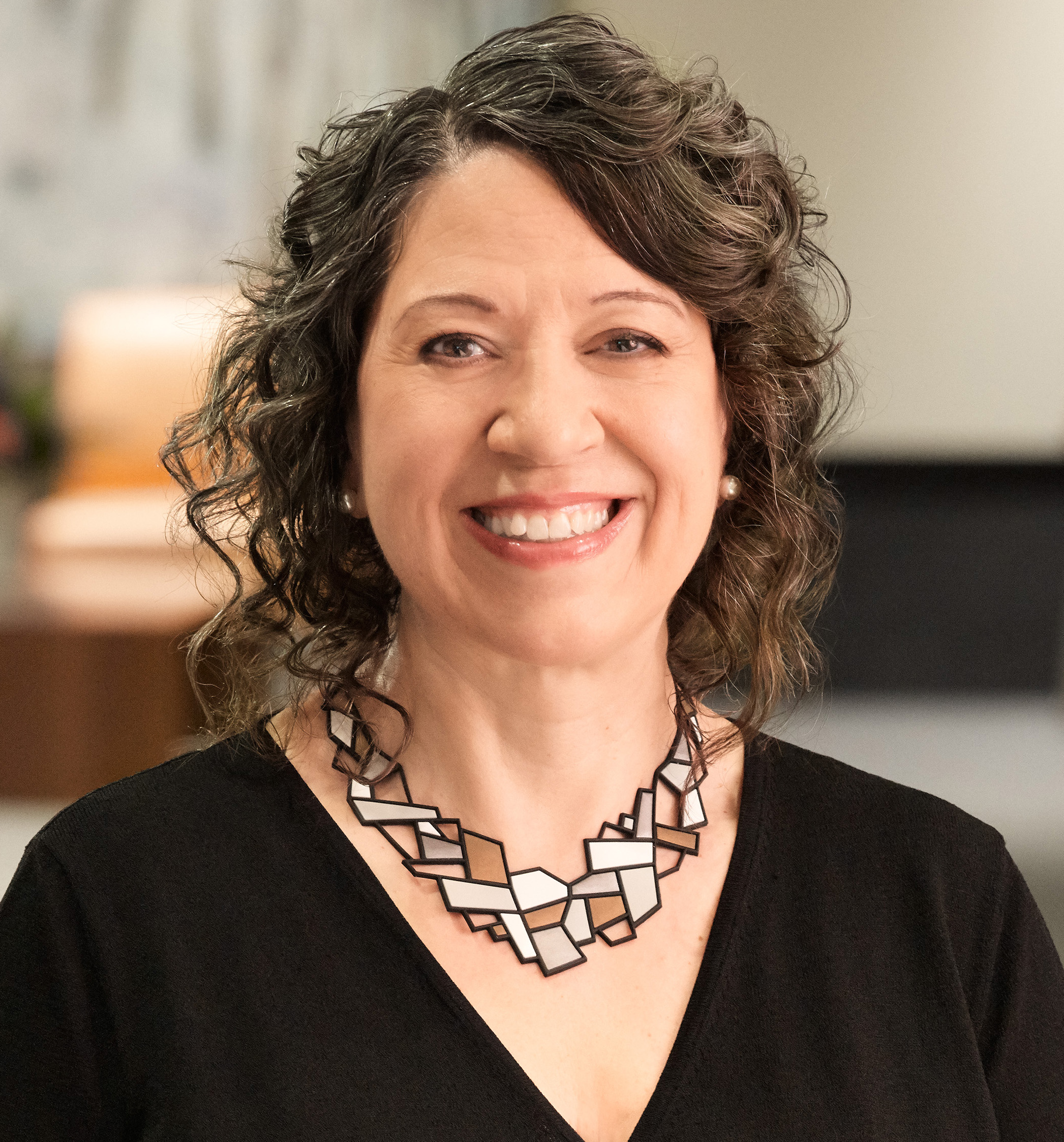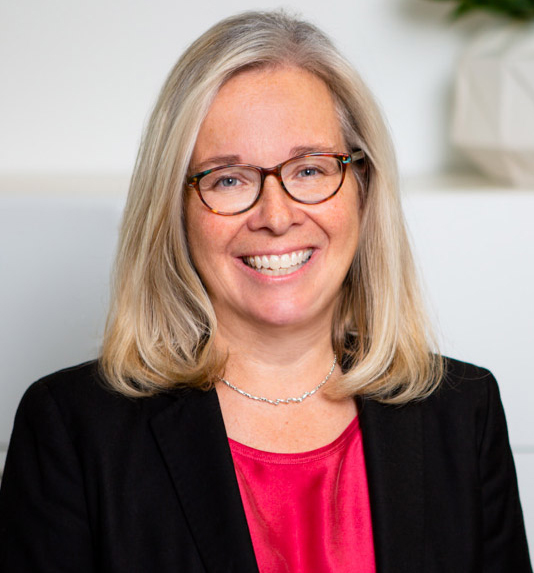
Canadian Law Awards Female Trailblazer Excellence Awardees announced

It’s a universally known truth that the COVID-19 pandemic has disproportionately impacted women. Whether it is the grocery store clerk, essential health-care worker, entrepreneur or CEO, women have had to take up the bulk of the burden of looking after children who are getting their education through online schooling. For most, the challenges women face during the pandemic are an extension of their historical roles as primary caregivers.
Female lawyers are no different than the many other women in the workforce. More than 400 members of the legal profession got together online to take part or listen to speakers at Canadian Lawyer’s online Women in Law Summit for 2021. Topics ranged from how the industry has responded to whether racialized lawyers are affected more and whether this period of crisis gives women a chance to assert their leadership qualities. Panellists also discussed how to set boundaries working from home or in a hybrid home-workplace and deal with the challenges of working with others remotely.
“I think our stress levels as women lawyers are probably at an all-time high,” said Jennifer Gold, president of the Women’s Law Association of Ontario and a partner at Wood Gold LLP. “But at the same time, I think the pandemic gives us an opportunity to revisit our vision, our values and how we want to live our lives and experience our careers as lawyers.”
Gold also said that women should not be “complicit in maintaining those structures and systems, and that we’re doing all we can to change society and change those systems that are in place and holding us back.”
Yola Ventresca, a partner at Lerners LLP, noted that the pandemic has strained and, in some cases, all but destroyed the support networks that women rely on at work and home. The feedback she has received from female lawyers included stories of frustration, anxiety, burnout and anger. “These women feel that they are working in an unsustainable way, with no downtime and no separation between life and work.”
Ventresca also said that many junior female lawyers feel the “paternalism” associated with being a working lawyer and a caregiver at home. “I’ve heard from young woman lawyers about lost opportunities to work on important files during the pandemic,” she said. “[It’s] work that often then goes to their male counterpart, who does not have primary child-care responsibilities or has a partner who does not work outside the home.”
However, she said, principals responded to this situation by lightening female lawyers’ workload rather than finding strategies that would permit these female lawyers to take on that work.
Kate Broer, a partner at Dentons, who deals with global client development, said getting away from the billable-hour model and taking a more “holistic view” of each lawyer’s contributions would be a way of levelling the playing field for women in the legal world.
Nikki Gershbain, chief inclusion officer at McCarthy Tétrault LLP, told those at the summit that private practice law is often incompatible with family life.
“It is because law firms’ business models were designed at a time when all lawyers were men, and almost all had stay-at-home wives.” Despite the mass entry of women into the labour market, most firms still organize workplaces for the “ideal worker” unencumbered with family responsibilities.
Gershbain also said that law firms must move away from the “accommodation” model for women. “As long as we continue to treat tactics aimed at women’s equality as accommodations, we’re going to perpetuate the idea that women, as mothers, bring a deficiency to the table that law firms need to work around.
“The problem with the accommodations model across all industries is that it treats women’s equality as a woman’s issue, not as a business problem and a leadership imperative.”
Sandeep Tatla, chief equity, diversity and inclusion officer with Fasken, pointed to the importance of collecting data when looking to increase women’s leadership roles in law firms.
She said that one organization with which she worked was trying to boost the number of women in senior roles to 30 from 22 per cent. The data showed that the organization was doing a great job at hiring women, including more of them at the senior level than men. But the data also indicated an exit rate higher than the recruitment rate, so progress was relatively flat.
When the organization looked further, women scored “significantly lower” in their engagement level and how their skills were taken advantage of by the employer. “We then started working with the hiring managers to understand where the gaps are.”
Charlene Theodore, president of the Ontario Bar Association — the group’s first Black president — said the issues all female lawyers face increase when it concerns racialized women. “I’ve too often seen lofty aspirations laid waste by gender and race-based exclusion, by imposter syndrome or by an unyielding culture that too often forces upon women an impossible choice between family, ambition and career,” she told those at the summit.
Theodore pointed to the OBA’s “not another decade” program, which aims to challenge organizations in the legal profession to develop a “feasible, workable plan” to improve equality in the workplace, based on all metrics, but highlighting the need to have more lawyers of colour in the profession.
She added that what doesn’t work for women in the workplace “doesn’t work well for anyone, period — the emphasis on long hours over the quality of output, the importance of fixed schedules over productivity.”
Sylvia James, chief diversity and inclusion officer with Winston & Strawn in Washington, D.C., talked to those at the summit about “implicit bias” and how it impacts every part of the employment relationship. It has an effect on “who we recruit, who we mentor, who we sponsor, who we give assignments to and how we evaluate people who we promote.”
She pointed to one study that asked practising lawyers to grade a memo supposedly written by third-year students from NYU law school. Organizers told half the participating lawyers that a white student wrote the memo and half that a Black student wrote it. The memo was graded 4.2 out of five by lawyers who thought the author was white and 3.1 by those lawyers who believed the author was Black.
Another part of the study involved intentional grammatical mistakes included in the memo. Those grading the memo supposedly written by a Black student found more errors than those grading the memos thought to be written by a white student.
“Is there an unconscious bias to treat the non-white candidate more harshly than the white candidate?” asked James.
Julia Shin Doi, Ryerson University’s general counsel and chief privacy officer, said her institution implemented relatively simple practices during the pandemic to help those working from home and looking after children. Even booking meetings in 50-minute increments and ensuring at least a 10-minute gap to help their kids or get them a snack can be a big help, she said — also, no meetings on Fridays and adding an extra mental health day to existing long weekends.
“The practice of law is one that can eat up all of your time, and there is a sense of needing to be on call 24-7,” said Alysia Davies, staff clinician at Homewood Health, who practised law for about 10 years before moving into the counselling profession.
Simultaneously, she said, many female lawyers have had to deal with interruptions from their children who need help, the need to be on Zoom calls and even missing the simple social interactions that are part of traditional office life.
She said she has talked to women who have never had an issue with anxiety go to the emergency room thinking they’re having a heart attack only to find it was a panic attack.
“We’re seeing the tipping point of productive stress turning to destructive stress, the kind that overloads your body. We need to bring this out in the open and talk about ways to manage that stress.”
Other panellists at the summit discussed the need to ensure a way of taking a break or create a boundary between work and home life. Heather Platt, chief legal officer with Metrolinx, talked about “video call” fatigue and how, early on in the pandemic, people felt meetings had to be done by Zoom or Microsoft Teams.
“It was exhausting, very exhausting,” she said. Over time, the firm started to look at how remote technology was being used and realized that not everything had to be done by video call. Sometimes, a simple phone call could do the trick. “There are still lots of video conferences,” she said, “but it’s really helped us to come up with some solutions that are practical.”
Sudevi Mukherjee-Gothi, a partner at Pallett Valo LLP, said she has realized that, as someone working from home and raising children who are learning online, “you have to prioritize your mental and physical health.” She carves out “me time” and works with the school to determine the best time to schedule work-related calls to not conflict with online school. “My daughters are twins, and they have recorder practice, so I make sure not to schedule calls at that time because no one else needs to hear my kids learning the recorder.”
Mukherjee-Gothi said she also makes sure to walk with her children when the school day ends for mental and physical health reasons. “Don’t hide what you are doing, and make sure everybody who needs to know understands your timetable. Direct your energy in the best way possible and know that it cannot just all be toward work or all toward family.”
The annual Female Trailblazer award is open to all Canada-based women lawyers. Each year, we receive hundreds of nominations from firms and in-house legal departments across the country. Our research team then reviews all nominations, and supplements them with its own knowledge and information from third-party sources, to determine the Excellence Awardees.
The second phase of the research process involves forwarding the Excellence Awardees to a large and diverse panel of esteemed individuals from in and around the Canadian legal profession for scoring against strict criteria. The research team then aggregates judges’ scores to produce a “Gold Winner,” a process that independent auditors PwC verify.
Gold Winners are announced during the virtual Canadian Law Awards event on May 20, 2021.
Here is the list of the Excellence Awardees for the Female Trailblazer category. All the remaining Canadian Law Awards Excellence Awardees, except for the “Deals” categories, are listed in another part of this magazine. The Excellence Awardees for the Top Deals awards are listed in the Lexpert Special Edition on Finance and M&A on desks and online on April 14.
